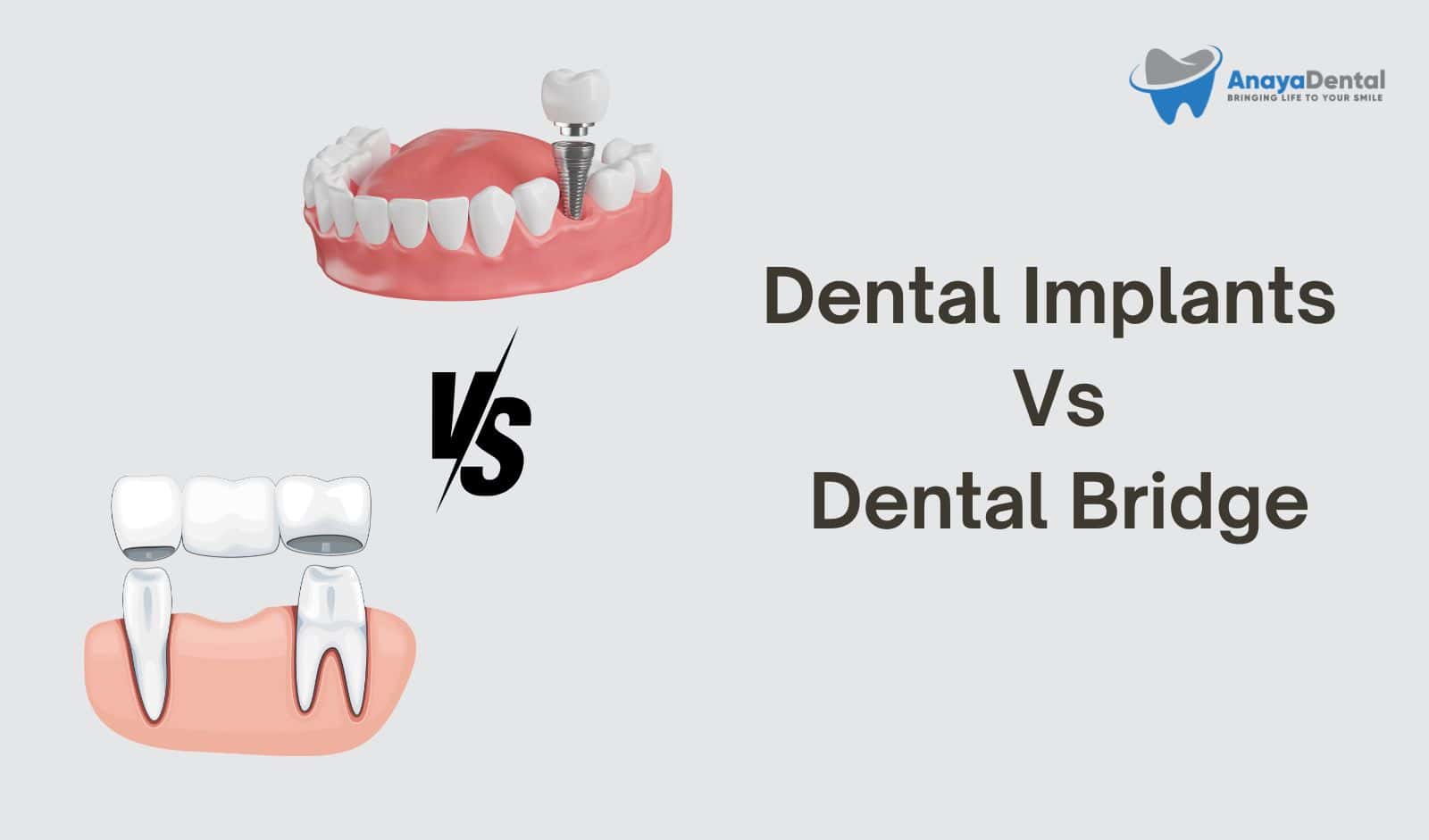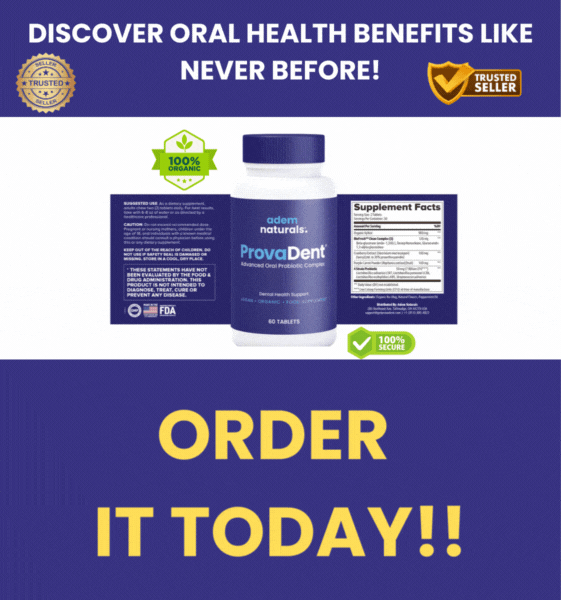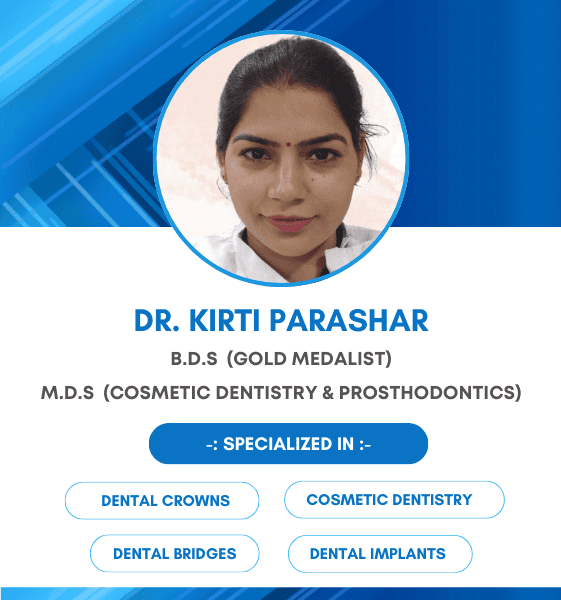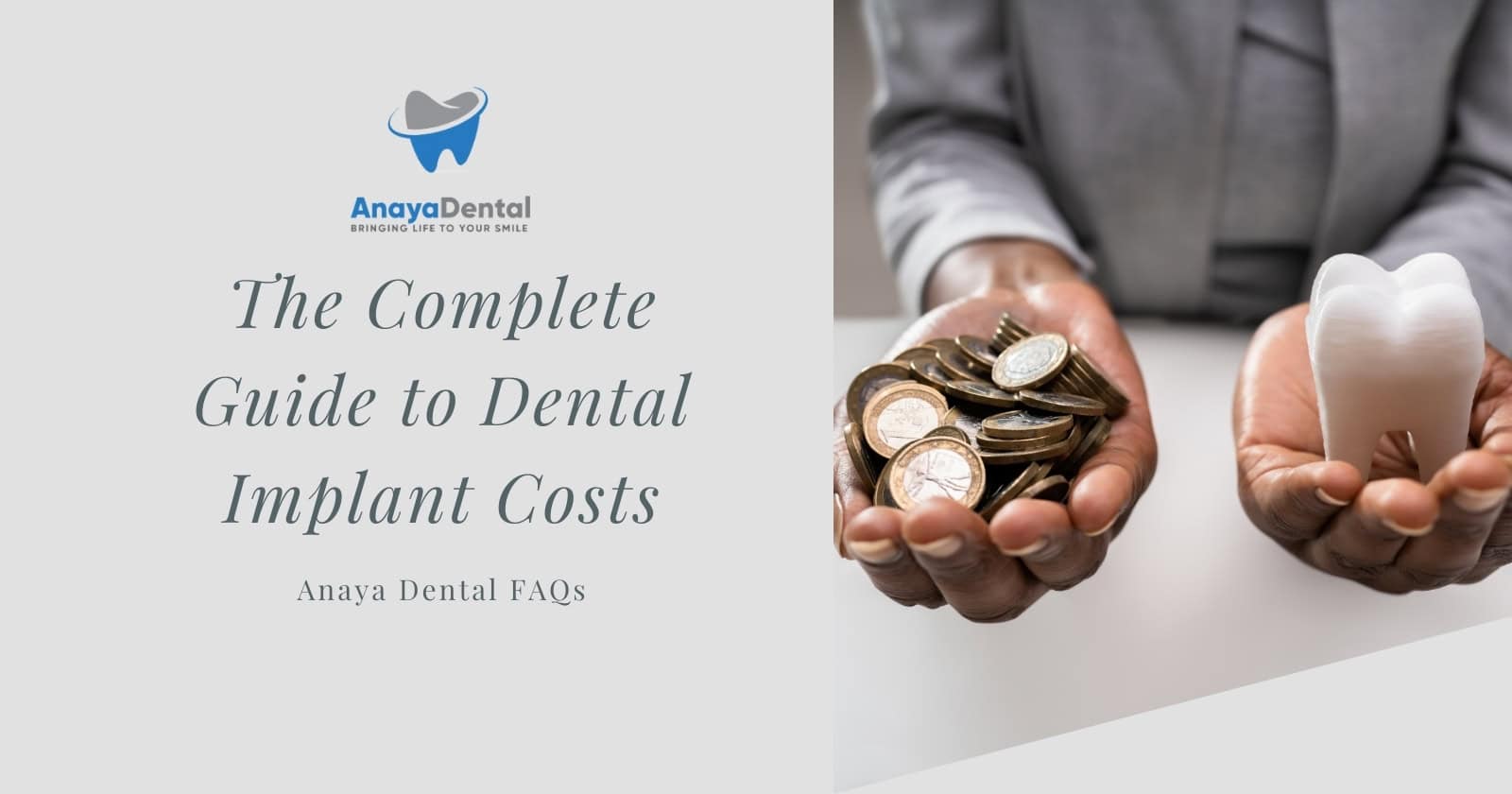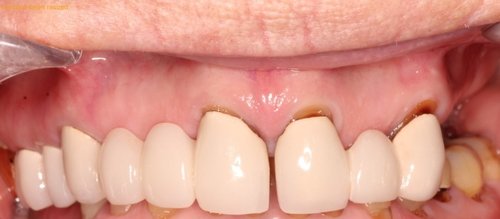When it comes to replacing missing teeth, the two most common options are dental implants and dental bridges. Deciding which one is best for you can feel overwhelming, but with the right information, the choice becomes much clearer. Let’s break down the key differences, benefits, and factors to consider when making this decision.
What Are Dental Implants?
Dental implants are titanium posts surgically placed into your jawbone, acting as artificial tooth roots. Once the implant integrates with the bone, a crown is attached on top, providing a natural-looking and durable replacement for missing teeth.
Dr. Meera Singh, a prosthodontist with over 15 years of experience, explains, “Dental implants are designed to mimic the natural tooth structure, making them the most effective long-term solution for tooth replacement. They preserve jawbone health and provide superior stability.”
Try Our Dental Calculators
Meet the Experts
- Dr. Meera Singh: A prosthodontist with over 15 years of experience specializing in dental implants and restorations. Learn more about her work at Practo.
- Dr. Venkatesh MJ: A restorative dentist with a decade of clinical practice, focusing on bridges and other functional restorations. Connect with him on Practo.
- Dr. Kavita Nair: An oral surgeon with 20 years of expertise in advanced dental procedures, including implants. Follow her insights on LinkedIn Dr. Kavita Nair.
What Are Dental Bridges?
Dental bridges, on the other hand, use the adjacent teeth as anchors to support an artificial tooth (or teeth) in between. The natural teeth are often filed down to accommodate the bridge, which is then cemented in place.
“Bridges have been a trusted solution for decades,” says Dr. Venkatesh MJ, an Orthodontist dentist with three decades of clinical experience. “They’re less invasive upfront compared to implants and can restore functionality and aesthetics quickly.”
Key Differences Between Implants and Bridges
- Durability and Longevity
- Implants: With proper care, dental implants can last a lifetime. The titanium material resists decay, and the implant integrates into the jawbone, ensuring long-term stability.
- Bridges: Typically last 10-15 years. Over time, the natural teeth supporting the bridge may weaken or decay, requiring replacement.
- Impact on Surrounding Teeth
- Implants: Do not rely on neighboring teeth for support. This helps maintain the health and structure of adjacent teeth.
- Bridges: Require filing down the adjacent teeth, which can weaken them and increase the risk of future dental issues.
- Jawbone Health
- Implants: Stimulate the jawbone, preventing bone loss in the area of the missing tooth.
- Bridges: Do not address jawbone health. Over time, the jawbone under the missing tooth may deteriorate.
- Cost
- Implants: Higher initial cost due to surgery and materials. However, their longevity can make them more cost-effective in the long run.
- Bridges: More affordable upfront but may require replacement, leading to additional costs over time.
- Procedure and Recovery
- Implants: Require surgery and a healing period (usually several months) before the crown is placed.
- Bridges: Quicker process, often completed in a few weeks without surgery.
Which Option Is Best for You?
Choosing between dental implants and bridges depends on your individual needs, health condition, and budget. Here are some considerations to help guide your decision:
- Overall Health: Implants require sufficient jawbone density and good overall health for a successful outcome. Smokers or those with certain chronic conditions may need to discuss alternatives with their dentist.
- Time Constraints: If you need a faster solution, bridges are quicker to complete.
- Budget: While implants have a higher upfront cost, they often prove more economical over time due to their durability.
Dr. Kavita Nair, an oral surgeon with 20 years of experience, shares a balanced perspective: “If jawbone health and longevity are your priorities, implants are unmatched. However, for patients looking for a less invasive, budget-friendly solution, bridges are a dependable choice.”
My Takeaway
Having gone through this journey myself, I can say that the right choice is deeply personal. I chose dental implants because I valued the long-term benefits and natural feel. But for some, bridges might make more sense depending on their situation.
The most important step is consulting with a dental professional who understands your needs and can provide tailored advice. Whether you opt for implants or bridges, investing in your oral health will always pay off.
